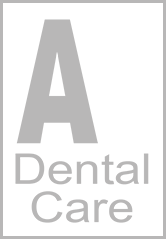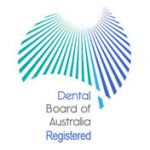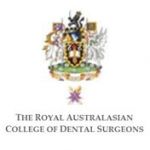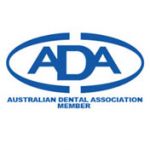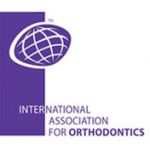"Oral Hygiene is the practice of keeping the mouth clean."
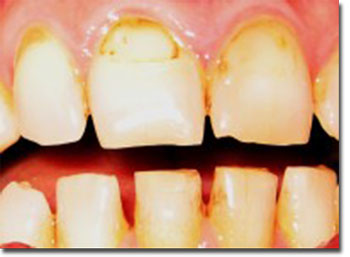
Brushing your teeth is fundamentally important, however tooth brushing alone will not remove the calculus (also called tartar or dental plaque) which builds up over time. Calculus must be removed to lower your risk of toothaches, cavities, periodontal disease (even the loss of all your teeth). Effective removal of calculus reduces your chances of needing root canals, tooth extractions, dental bridges, crowns, implants and more. While you are responsible for day-to-day dental maintenance, our team play an integral role in preventative oral care. Our Dentists use scaling and polishing instruments to remove plaque and tartar from your teeth. These polishing instruments will also remove staining from coffee, tobacco or red wine making it more difficult for plaque to build up on your teeth. Your at-home tooth cleaning regime must be supplemented with professional preventative dental care.
Getting to the Root of Dental Hygiene
Over time, calculus builds up on the teeth. If calculus forms below the gum line, bacteria can invade and create a host of other dental problems. The surfaces and areas between the teeth and under the gum line must be maintained and treated on a regular basis in order to ensure proper dental hygiene.
These areas are impossible for you to examine yourself
Dentists are responsible for performing professional tooth cleaning, scraping hardened plaque (tartar), removing calculus deposits, taking X-rays, identifying changes in the bite (occlusion), and investigating components that relate to the bone.
Your A1 Belconnen dental surgery then further examining the teeth, mouth and gums to provide any necessary treatment for tooth decay or gum disease. Regular dental visits are critical at any age for the maintenance of dental hygiene.
Your dental hygiene visit will include:
Advising– Instruction in oral hygiene tailored to the individual’s needs.
Prevention – Regular monitoring of teeth and gums to eradicate any issues.
Treatment – Scaling and polishing teeth and root surface debridement (periodontal treatment) to eliminate harmful plaque and tartar. Or fissure sealant treatment aims to protect the back teeth by sealing them against decay.
 Brushing
Brushing
Use a toothbrush with soft bristles and a small strip of fluoride toothpaste. When you brush your teeth, move the brush in small, circular motions to reach food particles that may be under your gum line. Hold the toothbrush at an angle and brush slowly and carefully, covering all areas between teeth and the surface of each tooth. It will take you several minutes to thoroughly brush your teeth. Brush up on the lower teeth, down on the upper teeth and the outside, inside and chewing surface of your entire front and back teeth. Brush your tongue and the roof of your mouth before you rinse.
Brush your teeth three times daily to avoid the accumulation of food particles and plaque:
- In the morning after breakfast
- After lunch or right after school
- At bedtime
Ensure you replace your toothbrush often, as soon as the bristles start to wear down or fray. This will usually occur every 3 - 4 months. Do not swallow toothpaste and rinse your mouth thoroughly with water. It is important to carefully floss and brush daily for optimal oral hygiene.
Oral hygiene consists of both professional and personal care.
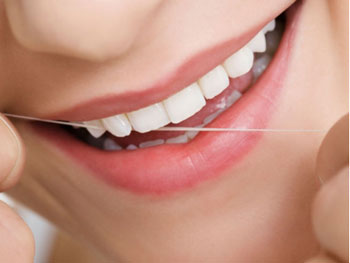 Flossing
Flossing
For areas between the teeth that a toothbrush can't reach, dental floss is used to remove food particles and plaque. Dental floss is a thin thread of waxed nylon that is used to reach below the gum line and clean between teeth. It is very important to floss between your teeth every single day.
Pull a small length of floss from the dispenser. Wrap the ends of the floss tightly around your middle fingers. Guide the floss between all teeth to the gum line, pulling out any food particles or plaque. Unwrap clean floss from around your fingers as you go, so that you have used the floss from beginning to end. Don’t forget to also floss behind all of your back teeth.
Floss at night to make sure your teeth are squeaky clean before you go to bed and before brushing. When you first begin flossing, your gums may bleed a little. If the bleeding does not go away after the first few times, let a staff member know at your next appointment.
We also recommend that any effective oral hygiene routine should include a system of regular check-up appointments with your dentist.
